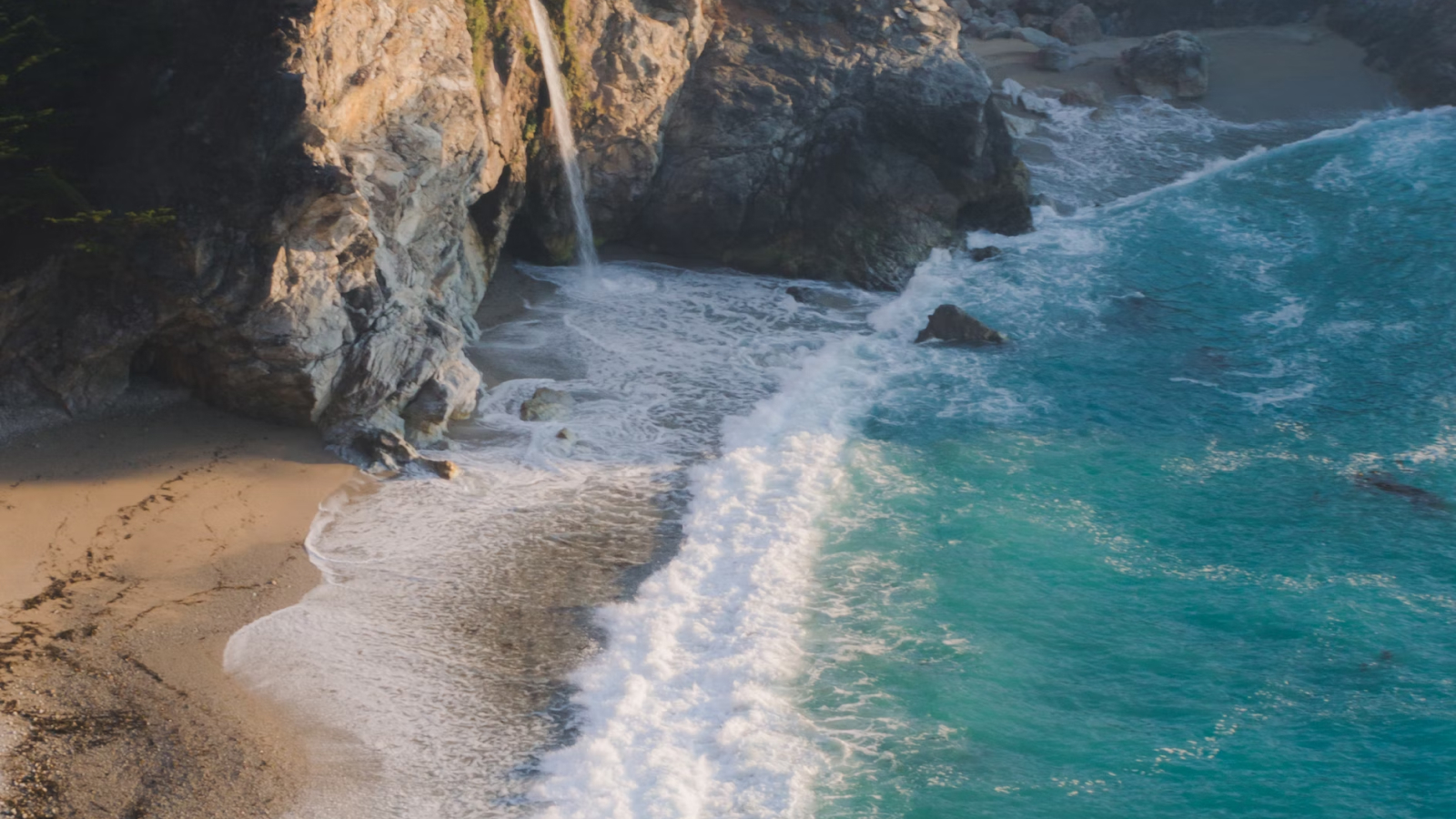Issue
Great Lakes coastal and nearshore habitats have deteriorated both in function and quality. Restoration and protection activities require holistic strategies to enhance biodiversity and support ecological resilience.
Process
Partners gathered in state-specific workshops to discuss potential habitat restoration and protection actions while also identifying data gaps and needs. To better prepare for the workshops, partners first utilized the Needs Assessment Guide to develop a framework. During the workshops, they displayed CCAP land cover data to show wetland potential and assess areas for migration or restoration. They also used the Lake Level Viewer and related elevation data to demonstrate potential impacts from changing water levels on the proposed habitat projects. Partners included the Coastal States Organization, LimnoTech, Respec, the Great Lakes coastal zone management programs, and NOAA’s Office for Coastal Management. Funding for this project was received through the Great Lakes Restoration Initiative. For more information on the initiative and action plan go to glri.us.
Impact
The workshops resulted in a list of potential habitat projects within each state and identified gaps in data needed to inform project selection, design, and engineering. The emerging priorities from these gatherings are already informing funding discussions.

Contributors
- Coastal States Organization
- Illinois Coastal Management Program
- Minnesota Lake Superior Coastal Program
- LimnoTech
- Lake Michigan Coastal Program
- Michigan Coastal Management Program
- New York State Coastal Management Program
- NOAA Office for Coastal Management
- Ohio Coastal Management Program
- Pennsylvania Coastal Resources Management Program
- RESPEC
- Wisconsin Coastal Management Program
